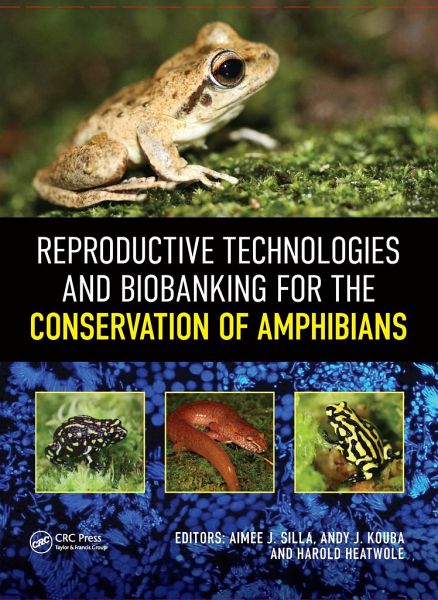Aimee Silla is an Associate Research Fellow at the University of Wollongong where she has been co-head of the Evolution and Assisted Reproduction Laboratory (EARL) for the past 10-years. She earned her PhD from the University of Western Australia developing amphibian reproductive technologies. Through strategic partnerships with the NSW Department of Planning, Industry, and Environment, Zoos Victoria, and Taronga Conservation Society Australia, Dr Silla's integrative research continues to have demonstrable impact on the recovery of threatened amphibian species. Andy Kouba is the Wildlife, Fisheries and Aquaculture Department Head at Mississippi State University (MSU), Executive Director of the Center for Human-Wildlife Interactions and Co-Director of the National Amphibian Genome Bank. He received a degree in Wildlife Ecology and Conservation from Northwest Missouri State University, a M.S. degree from Clemson University, and Ph.D. degree from the University of Florida. Prior to moving to MSU in 2015, Andy served as Director of Conservation/Research at the Memphis Zoo for 15 years. Harold Heatwole earned PhDs in Zoology (University of Michigan), Botany (University of Queensland) and Earth Science (James Cook University) and a DSc (University of New England). He held posts at the University of Puerto Rico, University of New England (Australia), and North Carolina State University, and was Editor of Integrative and Comparative Biology (Oxford University Press) for ten years. He conducts research on herpetology (especially seasnakes, and amphibians), biogeography, polar ecosystems, vegetation dynamics, and ecology of ants, tardigrades, and seabirds.




